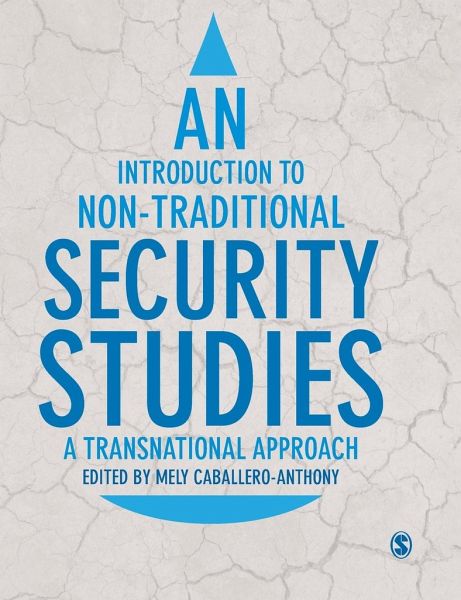
An Introduction to Non-Traditional Security Studies
A Transnational Approach
Herausgegeben: Caballero-Anthony, Mely
Versandkostenfrei!
Versandfertig in 6-10 Tagen
118,99 €
inkl. MwSt.

PAYBACK Punkte
59 °P sammeln!
With the end of the Cold War, threats to national security have become increasingly non-military in nature. Issues such as climate change, resource scarcity, infectious diseases, natural disasters, irregular migration, drug trafficking, information security and transnational crime have come to the forefront. This book provides a comprehensive introduction to Non-Traditional Security concepts. It does so by: Covering contemporary security issues in depth Bringing together chapters written by experts in each area Guiding you towards additional material for your essays and exams through further r...
With the end of the Cold War, threats to national security have become increasingly non-military in nature. Issues such as climate change, resource scarcity, infectious diseases, natural disasters, irregular migration, drug trafficking, information security and transnational crime have come to the forefront. This book provides a comprehensive introduction to Non-Traditional Security concepts. It does so by:
Covering contemporary security issues in depth Bringing together chapters written by experts in each area Guiding you towards additional material for your essays and exams through further reading lists Giving detailed explanations of key concepts Testing your understanding through end-of-chapter questions
Edited by a leading figure in the field, this is an authoritative guide to the key concepts that you'll encounter throughout your non-traditional, and environmental, security studies courses.
Covering contemporary security issues in depth Bringing together chapters written by experts in each area Guiding you towards additional material for your essays and exams through further reading lists Giving detailed explanations of key concepts Testing your understanding through end-of-chapter questions
Edited by a leading figure in the field, this is an authoritative guide to the key concepts that you'll encounter throughout your non-traditional, and environmental, security studies courses.




